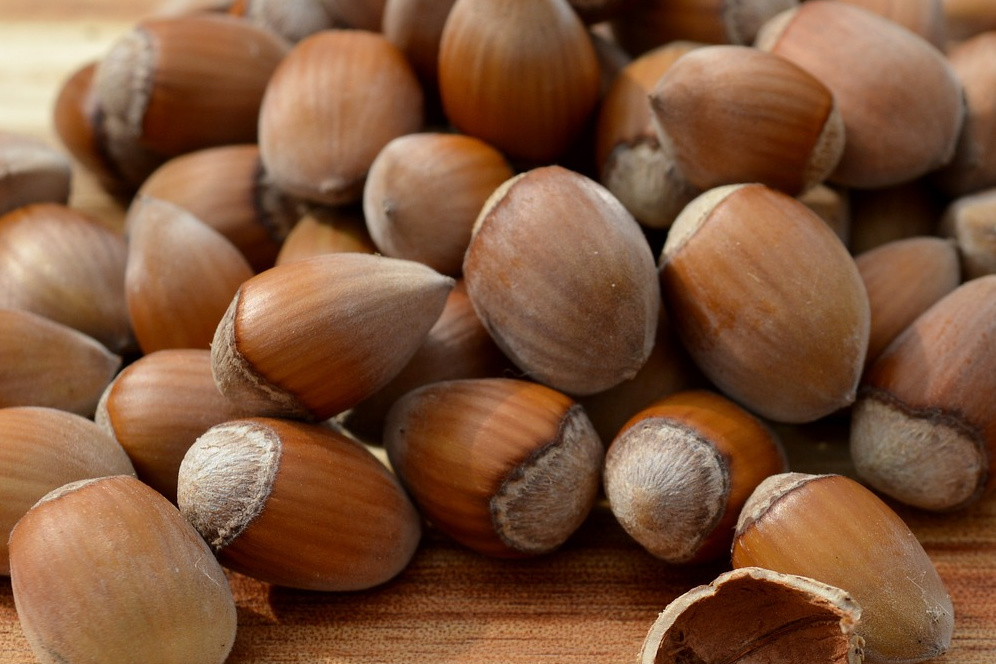
A while back, a friend of mine said, “I don’t know why you bother writing that stuff. Nobody does any of those things anyway.” That was, I knew, probably close to the truth of the matter. How many hundreds of books and articles had I read without taking action?
But I knew, too, that just because somebody doesn’t take action right now doesn’t mean they never will. Seeds grow roots and sprout in their own right time. Besides, learning about ways to live a happier, more satisfying life at least gives you hope that it’s possible.
One of my favorite quotes about making life-alterations is this one: “If you want to change your life, you have to change your life.” Think about that for a minute. It’s the very crux of the problem. We’re comfortable where we are, for better or for worse, and learning new patterns doesn’t come easily. It means having to let go of a familiar pattern to make room for the new one. The new pattern is scary; it’s the unknown, after all. It sets our nerves to tingling just a bit.
So to be honest, I don’t expect that many of you actually set an intention to be happier, or tried looking ahead at your day before you got out of bed, imagining what it would feel like to be happy as you did each thing you expected to do. And that’s okay. The seed is planted.
I have a bigger seed for you this week. It’s one with a tougher shell. It goes by the unpopular name “Accountability.” But hold on—this isn’t the kind of accountability where you’re held responsible by some stern external authority. It’s a whole lot more inviting than that, and it’s what powers your intention to be happier. Here’s how happiness researchers Foster and Hicks describe it:
“The brand of accountability that happy people talk about . . . is a feeling that we are in charge of our own lives and that no one else has power over us. It’s honoring our right to craft a life for ourselves that is rewarding, rich and exuberant. It’s the assumption that no matter what life presents we have the ability to move ahead—to do something good for ourselves, to make a difference, to have an effect.”
Here’s what it means. Even under the most difficult circumstances, you refuse to see yourself as a victim. YOU are in charge of your life. You give up blaming other people or circumstances or events—past or present. You give up complaining that they are the cause of your misery or discontent. Instead, you forge ahead, taking whatever actions you can to improve the quality of your life, here and now. And that can be as easy as remembering to smile.
The tough shell that encases this power seed is the necessity to become aware of when you’re blaming someone or something else for your lack of happiness, or of blaming something that happened in the past. What happened in the past is passed. It’s not here now, except in the form of a repeated story that you tell yourself (and probably tell others) as a ‘reason’ why you’re limited and miserable.
Blame serves no purpose, Foster and Hicks point out. It doesn’t ever get us what we truly desire.
One way to overcome blaming is to ask yourself, “What was my part in it? How can I change things? What can I learn from this experience?”
Key times to look for a tendency to blame is when you’re becoming defensive, or when you’re feeling envy, or jealousy, or resentment. Questioning the part you played in the situation gives you the power to move through it authentically instead of getting mired in needing other people to be different than they are. Catch yourself wanting to put all the blame outside yourself and then ask, “Is this how I want to be? Is this really the response that’s going to solve things?”
Accountability is honoring your right to make choices, choices that align with your intention to be the most contented, capable, authentic person you are capable of being, choices for happiness.
I wish you a week of willingness to let go of defensiveness and blame and to embrace control of your responses to life in their stead.
You’ll deserve some fun as a reward, so next week we’ll hunt for the things that delight you.
Warmly,
Susan
Image by Frauke Riether from Pixabay